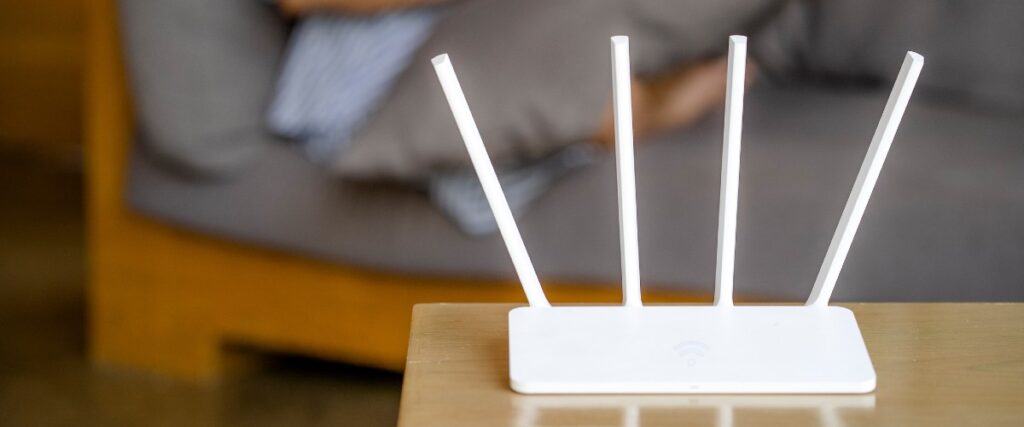Today’s world is more connected than ever. People rely on the internet more and more in their daily lives. The need for internet access is why including wifi in businesses creates a more positive experience for guests, encouraging them to stay longer and increase their chances of returning.
Providing public wifi can come with some security risks if not implemented correctly. Companies will want to ensure they and guests are protected beyond just having a wifi password. Here is a look at the best practices for public wifi compliance in the United States.
The Legal Side
There are various laws and regulations to consider when setting up wifi for the public, but here are three things to keep track of to ensure a business’s wifi is legally compliant.
- Record who can access the network. The Digital Economy Act 2010 was designed to reduce downloading and illegal file sharing. If there are no records of who is downloading this material, fines may be placed against the company owner. To avoid these fines, make sure the network can discourage illegal downloading.
- Keep a record of who and what device they used. The Crime and Security Act 2001 states whoever is using the wifi must be identifiable. A proper wifi infrastructure in place can make this an easy task. Authorities will use the internet service provider to trace any suspicious internet usage.
- Ask users to accept terms and conditions. The General Data Protection Regulation guidelines ask users for permission to store their data before accessing it. Make sure the terms and conditions are clear by stating what the business collects and why. Also include the intended usage of the data.
The company wifi must be secure if a business wants to avoid penalties. The Data Protection Act poses serious consequences such as fines, possible prosecution, and action from the Information Commissioners’ Office. If a customer were to have any losses under the network in a business, liability is on the company owner.
Ensuring A Safe Space
Ensuring guests feel safe using the wifi provided is vital to a business. Creating trust in a public wifi network can drive loyal customers to keep coming back.
When people log into the wifi, add a prompt to let them know the company does collect some data from them. The business can then use said prompt to collect identifying information on the guests.
The last thing customers should worry about is whether their data is safe and if the company will use it correctly. To make them feel at ease, ensure their information is protected and will be kept with all the required regulations when they consent.
Taking the proper steps to comply can also help with the network’s reliability. It will help people trust that the business will have wifi up and running. Less downtime can naturally assist companies in complying altogether.
The Bottom Line
Making sure a business is aware of all the consequences, and ways to safeguard itself is the best way to keep everyone protected. Maintaining a secure network can encourage guests to return and feel safe completing daily tasks while staying connected to the internet.
